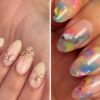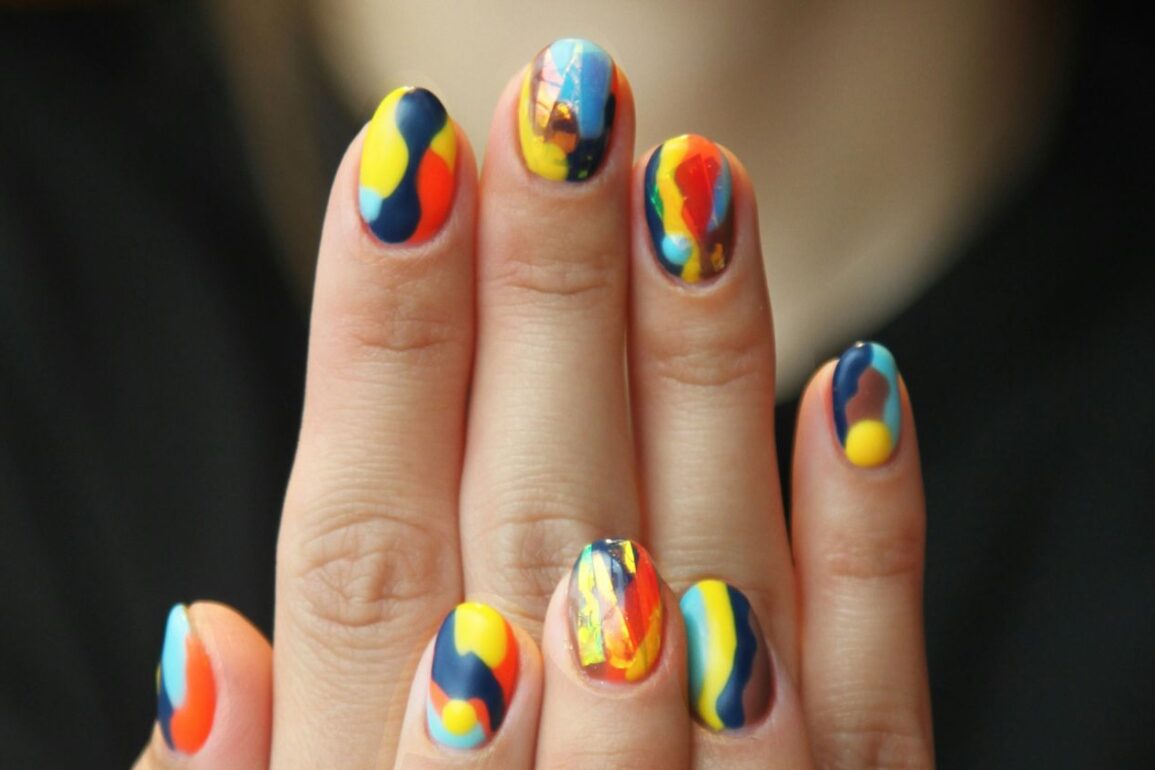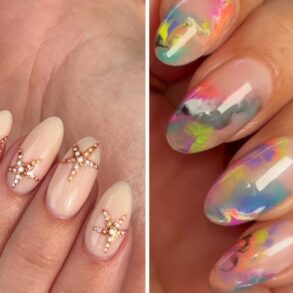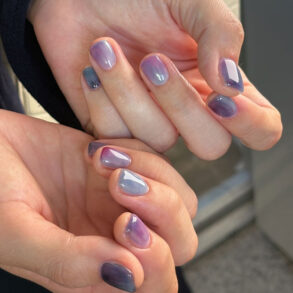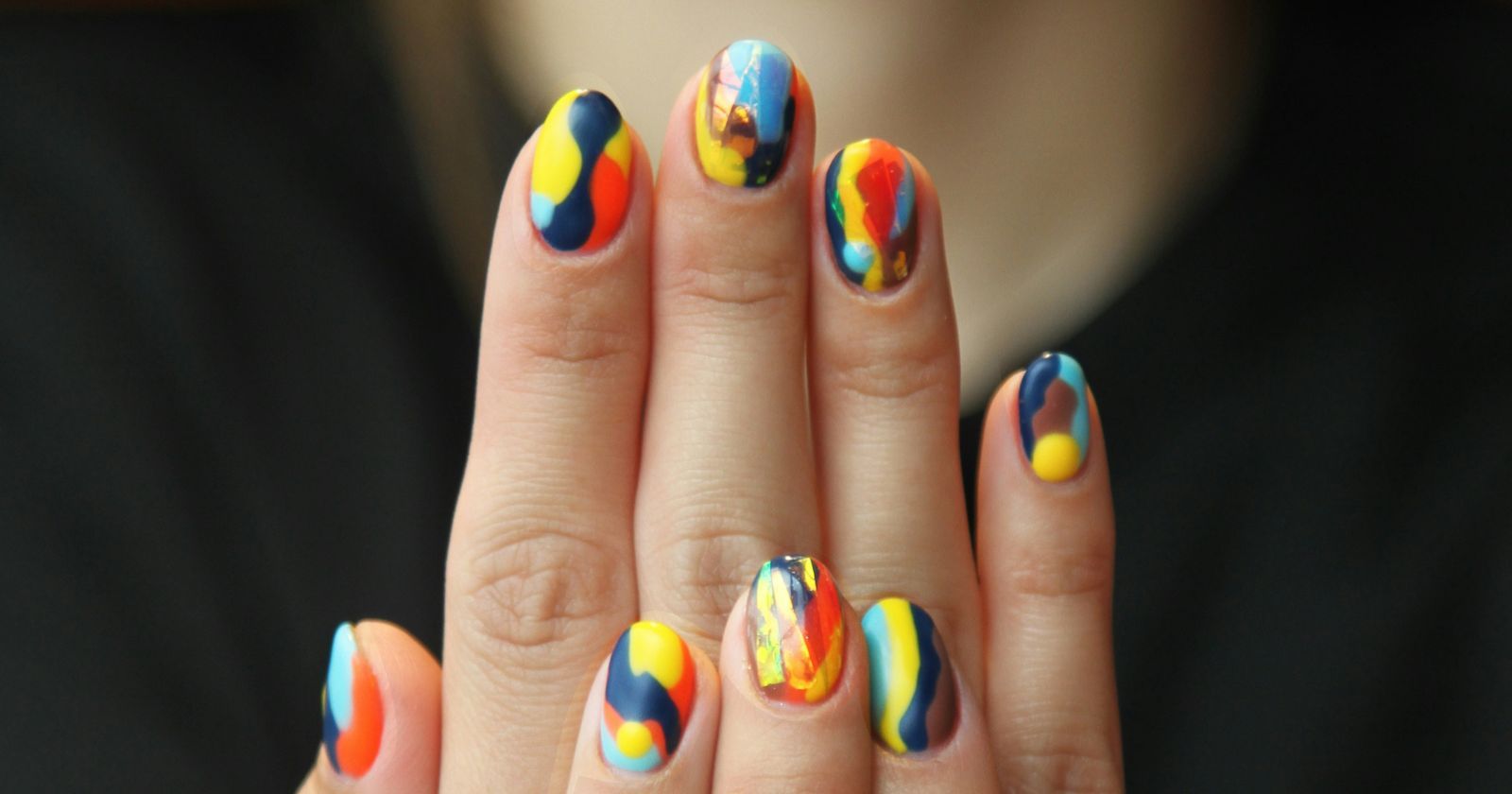
By now, we know it: artificial intelligence has entered the world of fashion and beauty, and it’s here to stay. Among the main reasons why multinational companies and renowned brands choose to integrate this new technology into their projects is undoubtedly the goal of enhancing the consumer experience. The key word to mention here is simplification. We are increasingly looking for services that are immediate and fast, helping us save time while being both efficient and high-performing. An example? The latest trend going viral on social media that’s revolutionizing our concept of a manicure. Imagine you’re about to leave for a vacation, you’re at the airport, and you see on the board that your flight is delayed by two hours. What do you do to pass the time?
The AI-powered semi-permanent manicure
One possible answer to this question is: “Simple, a robotic manicure.” That’s right, a partnership between the global health and wellness company XWell and Clockwork is launching AI-powered robotic manicures in select XpresSpa airport locations in the United States. A Clockwork manicure involves the use of artificial intelligence and 3D imaging to scan each visitor’s nails before a robot precisely paints them in just 10 minutes, without any human intervention. Travelers start the process by selecting the nail polish shade, loading the cartridge into the machine, and then using a touchscreen for a self-guided tutorial. Starting from the outer edge of the nail, the robot paints in thin lines until reaching the center of the nail, resulting in a manicure with a flawless appearance. The machine works similarly to a 3D printer. This service is already available in many airports and shopping malls, and videos are flourishing on TikTok.
The O’2NAILS nail printer and nail art printers
This isn’t the first time we’ve heard about nails, polish, and technology. A few years ago, videos of a nail art printer by the brand O’2NAILS went viral. Founded in 2003 as a division of Guangzhou Taiji Electronic Co., Ltd., O’2NAILS specializes in the development and production of nail printers that use artificial intelligence and 3D technology to create custom designs on nails in just minutes. It was named one of the 10 most innovative companies in China at CES 2017 and is now sold in over 100 countries. The unique feature of this product is that it can connect to a smartphone or tablet via an app. Once connected, you can choose from all available designs or import your favorite images from the gallery, and then print them directly onto your nail.
Pros and cons of these devices
As with everything related to the future of artificial intelligence, public opinion seems to be divided into two camps. Some view it with optimism and admiration for what new technologies can offer, while others feel uncertainty and fear repercussions on the human job market and social landscape. Let’s take a look at the pros and cons in this specific case.
Pros
- Massive personalization: AI allows for almost infinite customization of designs, catering to any taste and trend.
- Speed and efficiency: The procedures are automated, drastically reducing the time needed for a manicure.
- Precision: AI ensures millimeter-accurate designs, avoiding smudges and imperfections.
- Accessibility: These machines could make nail art more accessible to a wider audience, even to those without particular artistic skills.
- Hygiene: They reduce the risk of cross-contamination since there is no direct contact between the operator and the client’s nail.
- New business models: Opens the door to new business models, such as renting or sharing these machines.
Cons
- Cost: The purchase and maintenance of these machines can be expensive, especially for small salons.
- Lack of human touch: AI cannot replicate the creativity and originality of a nail artist. Today, there are no machines capable of, for example, filing nails the way a skilled technician can.
- Impact on employment: It could lead to a reduction in jobs for traditional nail artists.
- Technological dependence: A malfunction of the machine could interrupt the service.
- Standardization: It could lead to standardization of designs, limiting the variety and originality of nail art.
- Environmental impact: The production and disposal of these devices could negatively impact the environment.
This post was originally published on this site be sure to check out more of their content.


